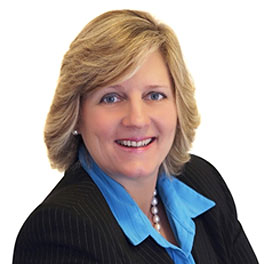 Your deposit does not need to be huge. Once you have worked out how much you can spend on a house, it is a good idea to have saved a minimum of 5% of the value of the house, if, however, you are in a high income position or are purchasing a house later in life, it would be a good idea to have 10% or more.
Your deposit does not need to be huge. Once you have worked out how much you can spend on a house, it is a good idea to have saved a minimum of 5% of the value of the house, if, however, you are in a high income position or are purchasing a house later in life, it would be a good idea to have 10% or more.
In general, lenders like to see this money saved over a 3-6 month period. For first home-buyers or borrowers who have no equity in existing property, mortgage insurance may be required. Mortgage insurers want to know if you’re prudent with money or whether you tend to spend everything you get. For that reason, they prefer all borrowers who wish to borrow more than 80% of the value of their property to have genuinely saved at least 5% of the value of their property purchase.
Genuine savings include money in savings accounts, shares or investments (held for 3 months). They do not include first home-buyers grant, a gift from parents, proceeds from the sale of a car, or any other borrowed funds. While these additional funds can be part of your deposit, they are not ‘genuine savings’ in the eyes of the funder.
The capacity to save money is generally regarded as a good indication of a person’s capacity to manage money and is a strong indicator that the added expenses of owning a new home are more likely to be managed properly. Bear in mind that a bank will be increasingly careful as the loan-to-value ratio increases.
Some applicants are often disqualified from a loan, even if they can afford it, as they cannot demonstrate a track record of saving. That is because the money they’ve put forward as the funds to complete the purchase of their property has been given or lent to them. Lenders and mortgage insurers want to see a proven record of thrift to demonstrate the ability for repayment.
Trusted Mortgage Broker has a great range of mortgage calculators to help with all those tough decisions that come with finding the right loan. Have a look at our calculators on our website to help you further. www.trustedmortgagebroker.com.au/calculators/
FIRST HOME BUYER MELBOURNE
Information Session
Specialist mortgage broker Sue will guide you to find a solution to purchase a property Excited? You should be Come and find out how Sue helped others who never thought they would own a property
LOAN CALCULATORS
- P&I/ Interest Only
- Stamp Duty Calculator
- Extra Repayments
- Basic Loan Repayments
- Comparison Rate
- Complete Loan Comparison
- Mortgage Offset
- Bi-Monthly Repayments
- How Long to Repay
- Lump Sum Payment
- How Much Can I Borrow?
- Remaining Balance
- Reverse Mortgage
- Split Loan
- What Can I Afford to Borrow?
- Achieve My Savings Target
- Savings
- Budget
- Income Tax
- Lease

